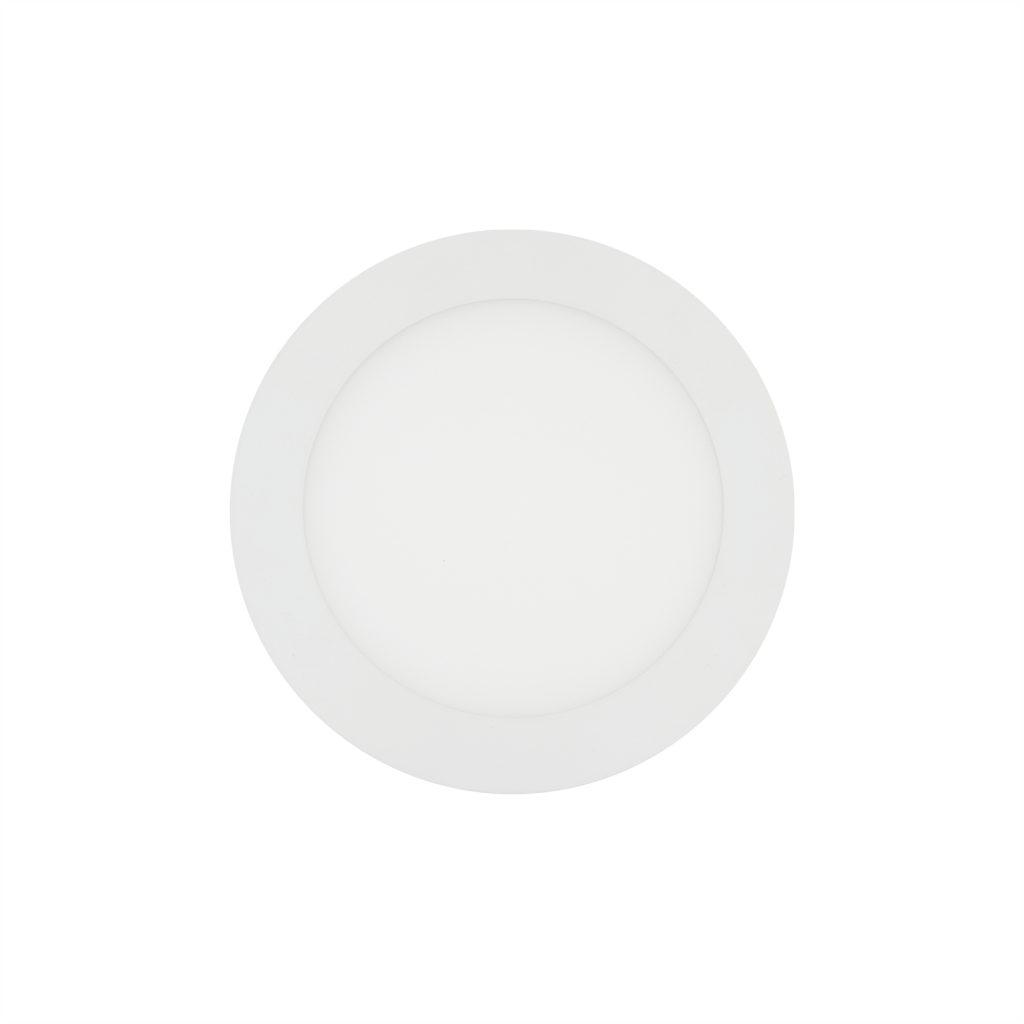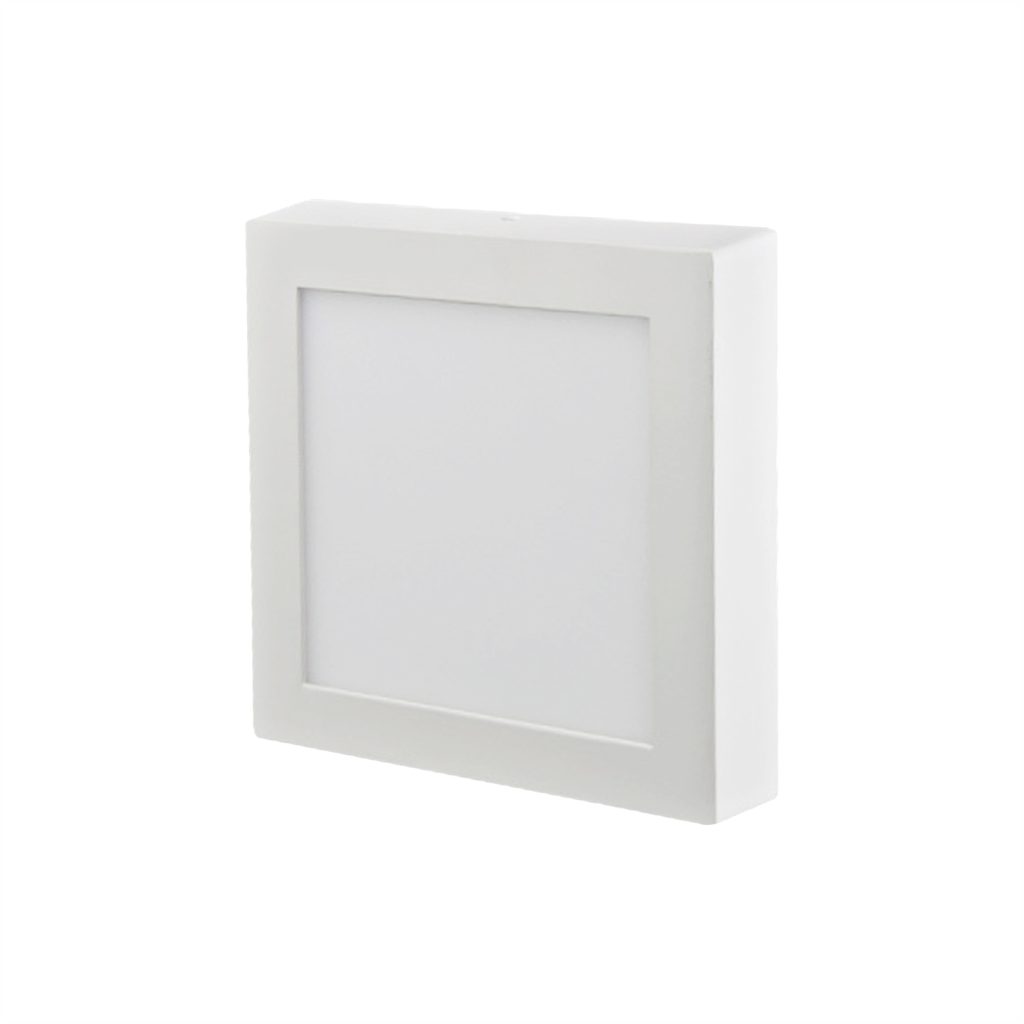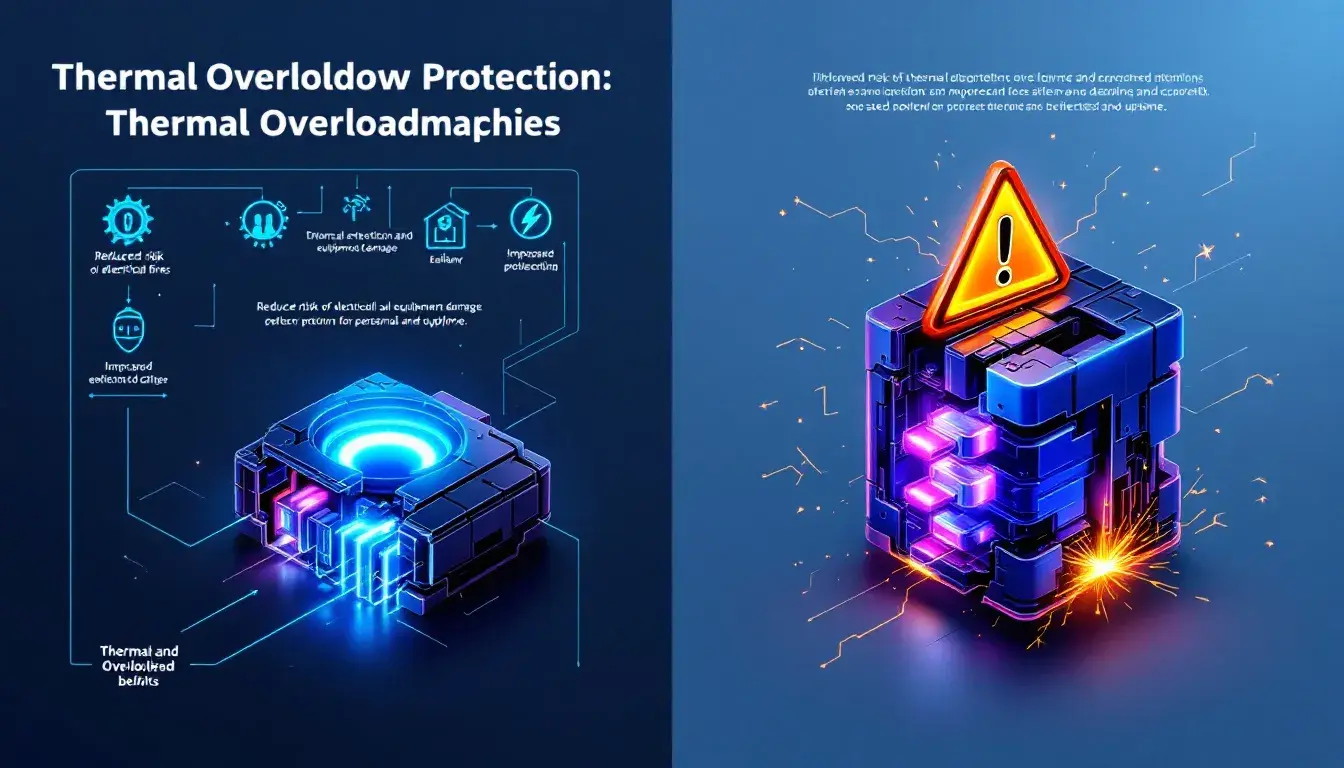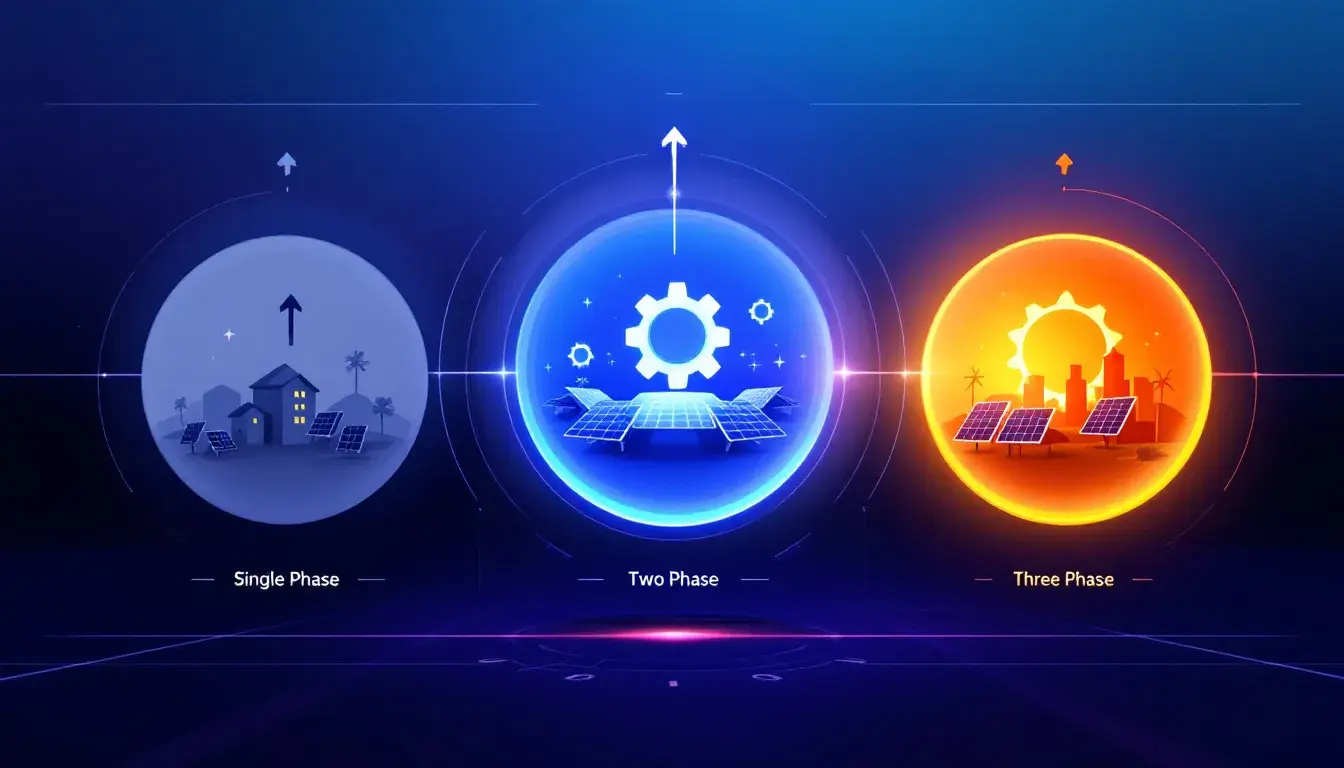LED Panel Light vs. LED Troffer: Which Is Better?
Table of Contents
ToggleLED panel lights are generally better for cost-effectiveness due to their lower upfront costs. LED troffers are better if you want to upgrade your lighting without replacing your current lighting system, as existing troffers can be easily retrofitted.
However, the better choice ultimately depends on which one best suits your specific needs – and that requires you to know deeply the key differences between the two.
This article will explain these differences in more detail to help you make the right decision.
Key Takeaways: LED Panel Light vs LED Troffer
Below is a table summary of the differences between the two LED lighting types.
| Key Differences | LED Panel Light | LED Troffer |
| Size & Appearance | Slim and flat;Rectangular, square, or circular | Slightly thicker; rectangular or square |
| Versatility | Fits well in drop ceilings with tight spaces;Can also be surface-mounted or suspended | Practically used in recessed installations within drop ceilings that have more space |
| Cost Effectiveness | Typically lower upfront cost | Can come as slightly more expensive |
| Maintenance | Easy to wipe & clean | May require frequent cleaning as it naturally traps more dust |
| Retrofitting Advantage | None, since existing lighting system needs to be fully replaced | Existing troffers may be retrofitted |
Key Differences Between LED Panel Light vs LED Troffer
Size & Appearance
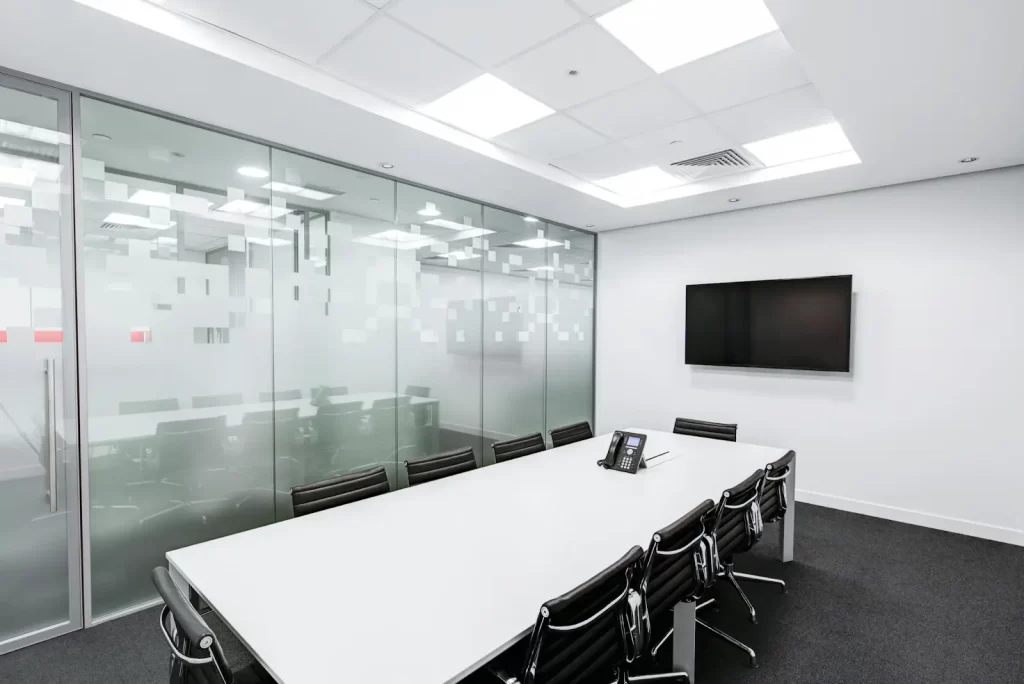
An LED panel light is typically flat and slim, with a thickness of about ½ in. to 1.25 in. On the other hand, an LED troffer is bulkier, with a thickness of up to 3 inches, making it heavier than an LED flat panel lighting.
Another thing. An LED flat panel light fixture comes in various shapes, including rectangular, square, and even circular designs. For instance, at TOSUNlux, we offer these LED panel lights in particular:
On the other hand, LED troffers typically come in rectangular shapes, although some suppliers may offer square designs.
Both can provide a modern, minimalist aesthetic, as you can see in the ceilings of upscale homes, offices, and commercial spaces.
Versatility
Due to their slim profile, LED panel lights can easily be recessed into a ceiling with tight space. But even when not recessed – such as with surface-mounted LED flat panel lights – they still retain a clean and sleek appearance.
LED troffers, on the other hand, are better for deeper ceilings, where their larger size can be recessed into a ceiling grid. You may opt for a surface-mounted or suspended design in a low ceiling area, but it may look bulky and less appealing.
Cost Effectiveness
Although prices can vary by brand or manufacturer, LED panel lights often have a lower initial purchase cost than LED troffers. This advantage mainly comes from their simpler design and lightweight build, which keeps production costs down and makes them affordable.
Installation is another factor to consider. The bulkier design of LED troffers may require more installation work, and thus, longer installation times.
Maintenance
The flat, smooth surface of LED panel lights allows you to wipe and clean it quickly. This is why it’s often preferred in fast-food restaurants, hospitals, and other settings where sanitation is crucial.
LED troffers, with their recessed structure and grooved surfaces, can trap more dust. They typically require more time to clean, which can be inconvenient for busy operations.
Retrofitting Advantage
LED troffers can be retrofitted into existing fluorescent troffer fixtures.
So, if a business or facility with fluorescent lighting wants to upgrade to LED lighting, they can do so without tearing out the old fixtures.
LED panel lights lack this retrofitting capability. You will likely have to overhaul your current lighting system to install these LED panels.
Which lasts longer between an LED panel light and LED troffer?
Both LED panel lights and LED troffers have long lifespans, lasting up to 50,000 hours [1] and even longer if maintained properly. As both are built with the same core LED technology, there should be no significant difference in lifespan between the two.
You may encounter claims that one type lasts longer than the other, but this can be misleading. In reality, longevity is influenced by many factors, including product/manufacturer quality, usage patterns, and environmental conditions.
For example, lights in extreme heat or humidity can wear out faster, regardless of whether they are LED panel lights or troffers.
So, always consider these external factors first when comparing lifespans – not just the LED technology itself.
Are LED panel lights more efficient than LED troffers?
LED panel lights and LED troffers are similarly efficient. They use LED technology, which can achieve a luminous efficacy of up to 336 lumens per watt [2]. This means they convert electrical power into visible light effectively.
They also consume at least 75% less energy than incandescent lighting [3], which makes them excellent choices for reducing electricity costs.
Should I choose an LED Panel Light or LED Troffer?
Choose an LED panel light if you need a compact lighting solution, or if you prioritize cost-effectiveness and easy maintenance. Opt for an LED troffer instead if your drop ceiling space is deeper or if you’re looking to retrofit existing troffer fixtures.
All factors considered, the choice ultimately depends on your personal preferences and specific lighting needs.
FAQs on LED Panel Light vs. LED Troffer
Can LED panels and LED troffers be used in outdoor settings?
Yes, LED panels and LED troffers can be used in outdoor settings as long as they are rated for such environments. Look for models specifically designed to be water- or damp-resistant.
Are LED panels and LED troffers dimmable?
Yes, both LED panels and LED troffers can be dimmable, but this feature is available only on certain models. Standard LED flat panels and troffers usually aren’t, so look for those explicitly labeled as compatible with dimmer switches.
Which type of light is easier to install, LED panel lights or troffer lights?
LED panel lighting is generally easier to install due to its slim and lightweight build. Installing LED troffers isn’t complicated but their bulkier construction may require more effort during installation.
Are LED troffers better for large commercial spaces?
LED troffers may be better for large commercial spaces, especially if existing troffer fixtures can be retrofitted. However, LED panel lights are equally excellent at producing bright, uniform light in large spaces.
Tel: +86-577-88671000
E-mail: ceo@tosun.com
Skype: tosunelectric
Wechat: +86-139 6881 9286
WhatsApp: +86-139 0587 7291
Address: Room No.1001 Wenzhou Fortune Center,Station Road, Wenzhou, China
REQUEST A QUOTE
WhatsApp us
 : +86-139 0587 7291
: +86-139 0587 7291 English
English Español
Español Русский
Русский Français
Français العربية
العربية Português do Brasil
Português do Brasil Українська
Українська Türkçe
Türkçe Polski
Polski Nederlands
Nederlands Italiano
Italiano Bahasa Indonesia
Bahasa Indonesia हिन्दी
हिन्दी اردو
اردو አማርኛ
አማርኛ Հայերեն
Հայերեն ไทย
ไทย Монгол
Монгол فارسی
فارسی Shqip
Shqip Ελληνικά
Ελληνικά
